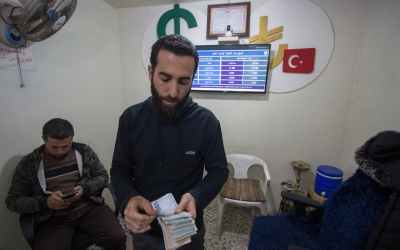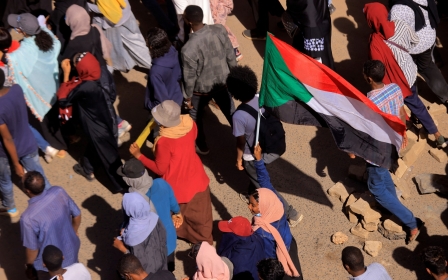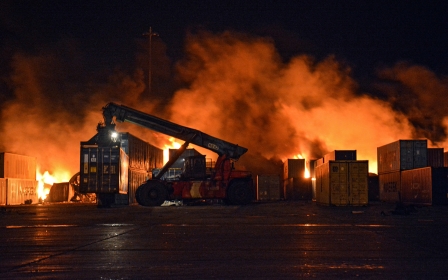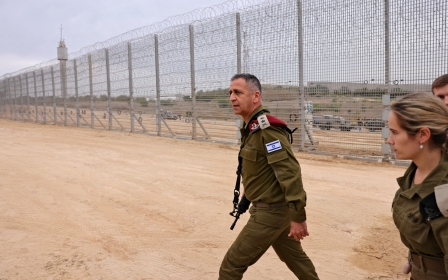Arabic press review: Egyptian meditation helps maintain fragile ceasefire in Gaza
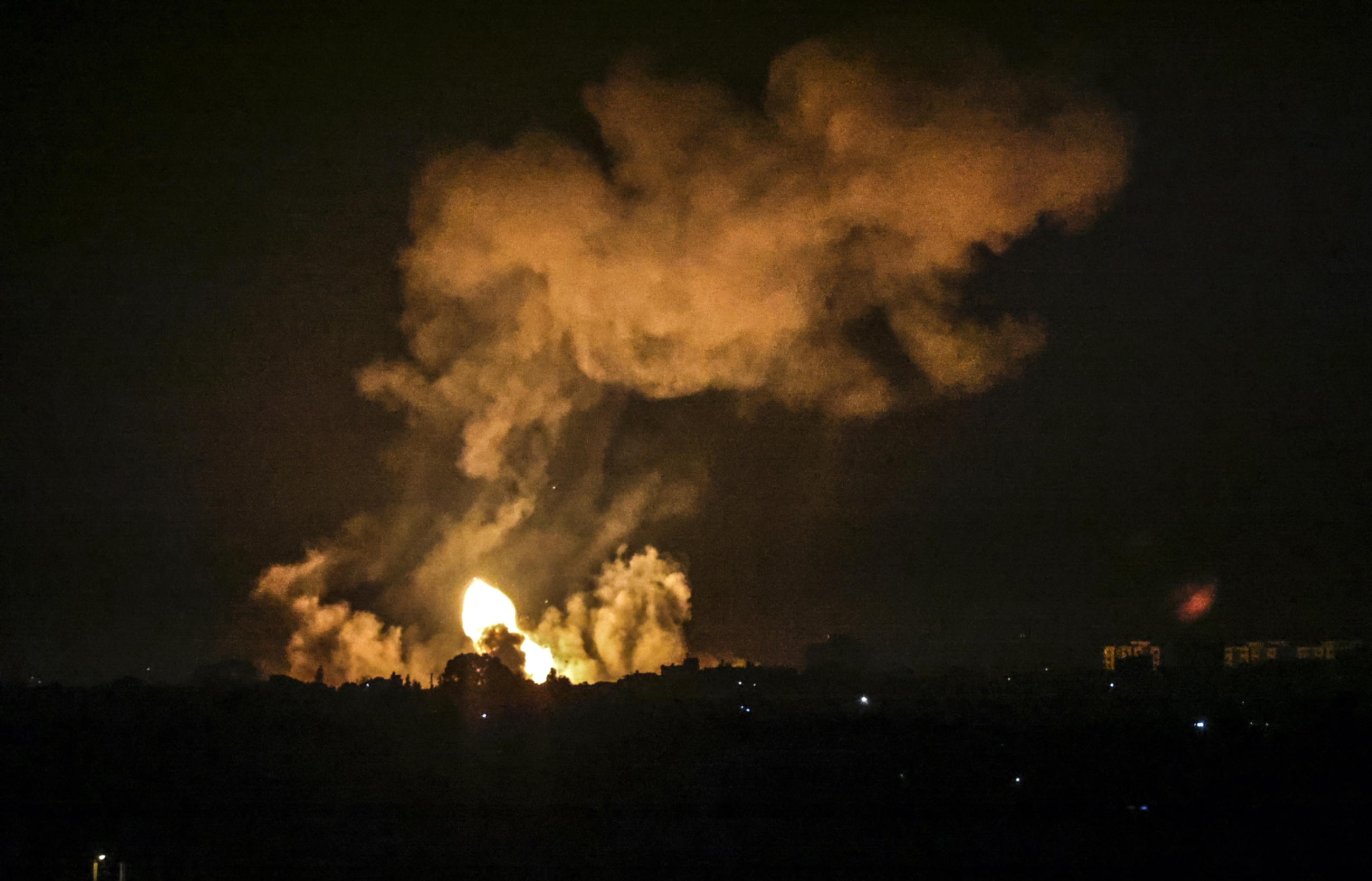
Egypt, Qatar and UN intervene to reduce tensions in Gaza
Efforts by Arab and international mediators managed to maintain calm in Gaza on Saturday, after Israel bombed the besieged strip, according to Arabi21 news website.
A senior Palestinian official in the Gaza Strip told the London-based outlet that Egypt, leading mediation efforts between Israel and Palestinian groups, succeeded in containing a potential escalation.
The Israeli army attacked targets in Gaza early on Sunday, hours after two rockets fired from the enclave fell in the Mediterranean Sea. No casualties were reported.
A Palestinian official, who asked not to be named, said sources close to Palestinian armed groups hinted that the two rockets fired towards the sea were a “message from the resistance or a test-fire missile of new technologies developed to bypass the Iron Dome system”.
New MEE newsletter: Jerusalem Dispatch
Sign up to get the latest insights and analysis on Israel-Palestine, alongside Turkey Unpacked and other MEE newsletters
The official added that Hamas and Islamic Jihad have demanded serious intervention to save the life of Palestinian prisoner Hisham Abu Hawash who has been on hunger strike for 140 days.
The Palestinian groups warned that “nothing will prevent the escalation” in the event of his death, the source said.
He added that Egyptian and Qatari mediators, as well as the United Nations special envoy, are part of the efforts to reduce tensions.
“They are now focusing on closing the case of Abu Hawash, which has become one of the strongest factors that may lead to a major escalation in the event of his death,” the source told Arabi21.
"The Egyptians are putting great pressure to end his suffering as he reached a very critical health condition.”
Syrians forced to burn manure, plastics for heat
With a drop in temperatures and a rise in prices, Syrians are being forced to burn animal manure and plastic items to keep warm in Syria's north, according to a report by Al-Quds Al-Arabi newspaper.
The primitive method of burning old manure and plastic bags only releases unpleasant odours but can also cause many health issues, especially to the respiratory system, medical experts have said.
But many residents in Syria’s countryside have no other option as they struggle to afford diesel oil and firewood.
“Smoke that blinds you is better than a cold that kills you”, one resident told Al-Quds Al-Arabi.
The old heating method is also a fire hazard, especially in overcrowded and makeshift camps for the internally displaced people in northern Syria.
The Syria Civil Defence, also known as the White Helmets, says the number of fires in camps has increased since the start of winter.
Last week, a large number of fires were recorded, leading to the death of a child and the injury of 11 civilians, including four children and three women.
Expats leave Kuwait en masse
More than a quarter of a million expatriates permanently left Kuwait in 2021, new government data showed, according to Al-Qabas newspaper.
A report issued by the Civil Information Authority and the Labour Market System revealed that 257,000 expatriates left the country, including 205,000 workers in the private sector and 7,000 in government agencies.
The new data comes two years after the government began efforts to reduce the number of foreign workers in the country.
Parliamentary and popular pressure was put on the government at the time after widespread discussions on the negative impact of expatriates on the demographic structure of Kuwait.
In 2020, Kuwaiti sources revealed that the government plans to phase out half of its foreign workforce within five years, according to the newspaper.
Kuwaitis constitute only 16.2 percent of the 2.7 million people in the labour market.
A large proportion of expatriates work as domestic staff, with a total of 639,000 domestic workers, constituting 22.8 percent of the labour force.
*Arabic press review is a digest of news reports not independently verified as accurate by Middle East Eye
Middle East Eye delivers independent and unrivalled coverage and analysis of the Middle East, North Africa and beyond. To learn more about republishing this content and the associated fees, please fill out this form. More about MEE can be found here.


